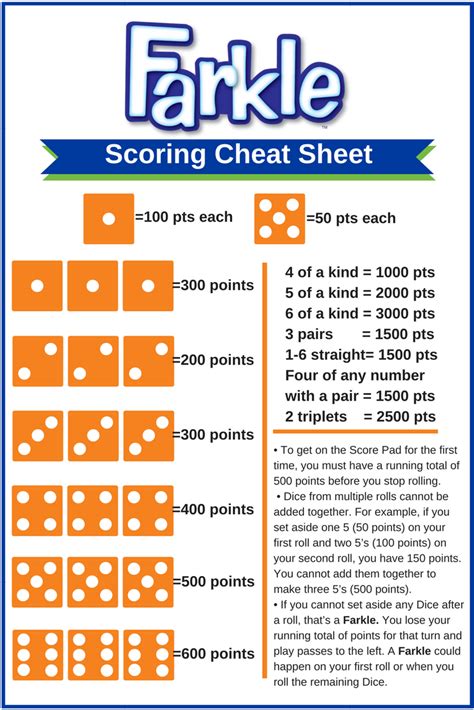Ever found yourself mid-game, dice clutched in your hand, suddenly staring blankly, "Wait, what's a straight again?" or "Can I really bank *that*?" Trust me, we’ve all been there. Farkle is one of those deceptively simple games that can turn wonderfully strategic – or frustratingly confusing – without clear rules. I once lost a winning streak because I miscalculated a hot dice opportunity, only to "Farkle!" spectacularly. Never again! That's why having a crystal-clear, printable Farkle rules guide is an absolute game-changer. This isn't just about avoiding arguments; it’s about making sure every roll is filled with fun, not friction.
Whether you're a seasoned dice shark looking for a quick refresher or a total newbie eager to jump into the action, you've landed in the right place. We're breaking down everything you need to know, from basic scoring to advanced strategies and those tricky "what-if" scenarios. So grab your dice, rally your friends, and let’s get ready to roll!
---
The Absolute Basics: Getting Started with Farkle
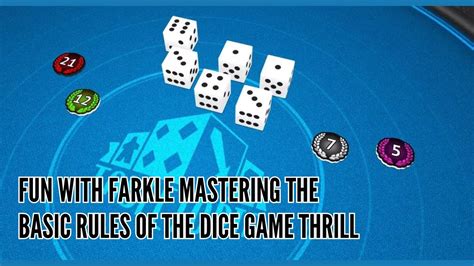
If you’re new to the exhilarating world of Farkle, welcome! The core idea is simple: roll six dice, set aside scoring dice, and decide if you want to keep rolling or bank your points. But don’t let the simplicity fool you; this game quickly becomes a thrilling test of nerve and luck.
Here’s the rundown of the foundational rules:
- Objective: Be the first player to reach a target score (usually 10,000 points).
- Equipment: Six standard dice and a way to keep score.
- The First Roll: Each player rolls all six dice. Your goal is to find scoring combinations. If you roll and get *no* scoring dice, you've "Farkled!" (More on that delightful disaster later).
- Setting Aside: After each roll, you must set aside at least one scoring die. You then have a choice:
- Stop and Score: Take your accumulated points and pass the dice.
- Keep Rolling: Roll the remaining non-scoring dice to try and earn more points.
- "Hot Dice" (or "Having a Full House"): If you score all six dice in a single turn, you get "hot dice"! This means you pick up all six dice and continue your turn with a fresh roll, adding to your current score for that turn. My friends and I always call this "going for broke" – it's where the big points (or big Farkles!) happen!
- Minimum Entry Score: Often, players need to achieve a certain score (e.g., 500 points) in a single turn to get "on the board" before they can bank lower scores. This adds an initial hurdle that can be quite exciting.
---
Scoring Big: Understanding Point Values
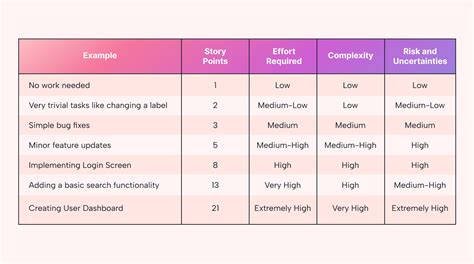
This is where the rubber meets the road! Knowing your scoring combinations is crucial for maximizing your turns and avoiding a miserable Farkle. Here’s what each die and combination is worth:
- Single Fives: 50 points each (e.g., a single 5 is 50 points, two 5s are 100 points).
- Single Ones: 100 points each (e.g., a single 1 is 100 points, two 1s are 200 points).
- Three of a Kind:
- Three 1s: 1000 points (the big one!)
- Three 2s: 200 points
- Three 3s: 300 points
- Three 4s: 400 points
- Three 5s: 500 points
- Three 6s: 600 points
- Four of a Kind: Double the three-of-a-kind value (e.g., four 2s are 400 points).
- Five of a Kind: Triple the three-of-a-kind value (e.g., five 2s are 600 points).
- Six of a Kind: Quadruple the three-of-a-kind value (e.g., six 2s are 800 points).
- Straights (1-2-3-4-5-6): 1500 points (This is a "hot dice" scenario, meaning you keep rolling!)
- Three Pairs (e.g., 2-2, 4-4, 6-6): 1500 points (Also a "hot dice" scenario!)
- Two Triplets (e.g., 1-1-1, 5-5-5): 2500 points (Rare, but glorious! Another "hot dice" roll.) I once pulled this off in a tense final round, and my friends still talk about it!
---
To Roll or Not to Roll: Deciding Your Next Move

This is the strategic heart of Farkle! After you’ve set aside your scoring dice, you’re faced with a high-stakes decision. Do you play it safe and bank your points, or push your luck for a bigger score?
- Risk vs. Reward: The fewer dice you have remaining, the higher your chance of Farkling. Rolling one die is a 1 in 3 chance of getting a 1 or a 5 (scoring). Rolling two dice gives you slightly better odds, but still risky.
- Analyzing Your Score: If you have a decent banked score for the turn (say, 500-800 points) and only 1-2 dice left, it’s often wiser to bank. Don't be greedy! I learned this the hard way trying to squeeze an extra 50 points out of a single die – boom, Farkle!
- "Hot Dice" Strategy: If you're lucky enough to clear all six dice (hot dice!), you *must* continue rolling. This is where you can rack up massive scores. Don't waste this opportunity by rushing your next roll; take a moment to reset.
---
Farkle! The Dreaded Zero & How to Avoid It
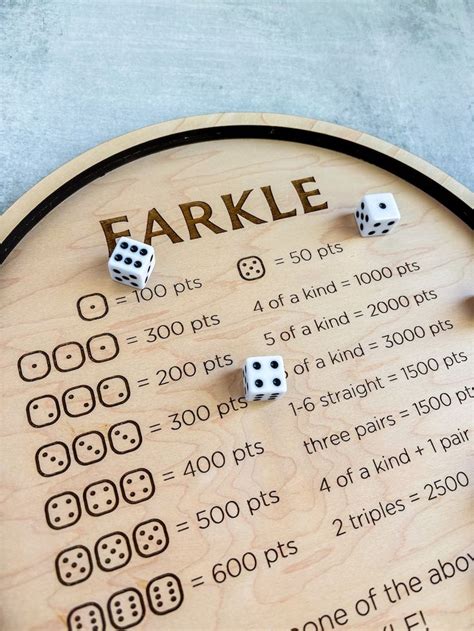
Ah, the dreaded "Farkle!" sound. It’s the instant killjoy of the game. A Farkle occurs when you roll the dice and no scoring combinations appear among your current roll.
- What Happens: If you Farkle, you lose *all* points accumulated during that turn. Ouch! No points are added to your overall score, and your turn ends immediately.
- Consecutive Farkles: Some house rules include a penalty for consecutive Farkles (e.g., losing 500 or 1000 points from your total score). This adds an extra layer of tension, especially if luck isn’t on your side.
- Avoiding the Farkle:
- Bank Early: If you have a small number of dice left and a decent score, don't push it.
- Recognize Poor Odds: If you’re down to two dice and neither is a 1 or a 5, your chances of scoring are slim. Consider banking.
- Know When to Fold 'Em: It's better to bank 300 points than to lose 800 trying to get to 1000. It's a game of calculated risks, not blind ambition.
---
Game End & Winning: The Finish Line

Reaching that coveted 10,000-point mark is a great feeling, but the game isn't over just yet!
- Reaching the Target Score: Once a player reaches or exceeds the target score (e.g., 10,000 points), the game isn't immediately over. This player has effectively "gone out."
- The Final Round: All other players get one last turn to try and surpass the leading player's score. This "sudden death" round can lead to some incredibly dramatic swings! I’ve seen players come from thousands of points behind to win on their very last roll.
- Determining the Winner: After everyone has had their final turn, the player with the highest total score wins! Simple as that.
---
House Rules & Variations: Making it Your Own

Part of the charm of Farkle is how easily you can customize it! While the core "printable Farkle rules" are standard, many groups love to add their own twists.
- Minimum Entry Score: We mentioned this earlier, but clarify with your group if you need 300, 500, or some other amount to "get on the board."
- Three Consecutive Farkles Penalty: Decide if a player loses points (and how many) for rolling three Farkles in a row.
- No Scoring 1s or 5s After a Combination: Some groups play that once you score a triplet (e.g., three 2s for 200 points), you *cannot* then score single 1s or 5s from the *same* roll unless they were part of a new, separate combination. This makes scoring much harder!
- "Top Out" Rule: My personal favorite rule variation, though not universal: If a player scores exactly 10,000 points, they automatically win, no final round! This adds a wild "accuracy" element that can lead to some crazy decisions.
- Team Play: Assign players to teams and combine their scores. Great for bigger gatherings!
---
Quick Reference Cheatsheet: Your On-the-Go Guide
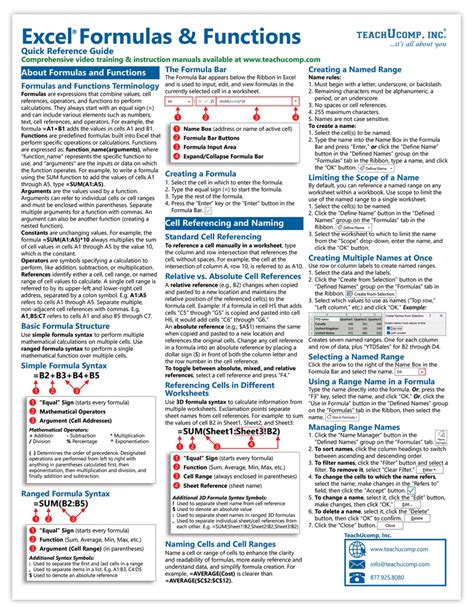
This section is perfect for printing out and keeping handy during your game nights. Laminate it for extra durability!
FARKLE SCORING GUIDE
- 1 = 100 points
- 5 = 50 points
- Three 1s = 1000 points
- Three 2s = 200 points
- Three 3s = 300 points
- Three 4s = 400 points
- Three 5s = 500 points
- Three 6s = 600 points
- Four of a Kind = Double 3-of-a-kind value
- Five of a Kind = Triple 3-of-a-kind value
- Six of a Kind = Quadruple 3-of-a-kind value
- 1-2-3-4-5-6 Straight = 1500 points (Hot Dice!)
- Three Pairs = 1500 points (Hot Dice!)
- Two Triplets = 2500 points (Hot Dice!)
---
Tips for Mastering Your Farkle Game
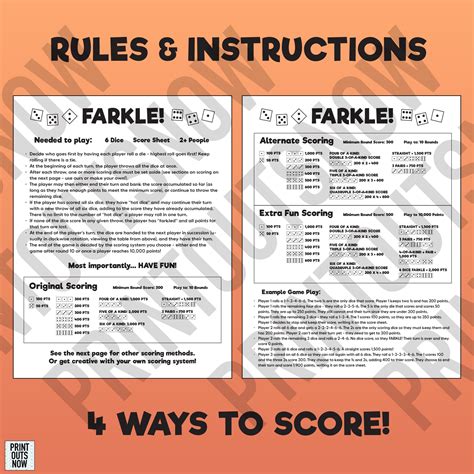
Beyond just knowing the printable Farkle rules, here are some nuggets of wisdom I’ve picked up over countless game nights:
- Always Take the 1s and 5s: These are your bread and butter. Even if it's just a single die, it's 50 or 100 points towards your total, and it keeps your turn alive.
- Don't Be Afraid to Bank: Sometimes, 350 points safely banked is far better than rolling two dice and Farkling. Know your limit, play within it. I find this approach works best for casual games where enjoyment trumps cutthroat competition.
- Observe Your Opponents: Are they playing aggressively? Are they Farkling a lot? Adjust your strategy based on their performance. If everyone else is Farkling, a small, steady score can put you in the lead.
- The Power of Three Dice: When you’re down to three dice, consider rolling them carefully. It’s easier to get combinations with more dice. If you only get a single scoring die, you’ll be down to two, which is significantly riskier.
---
Common Farkle Pitfalls: Don't Make These Mistakes!
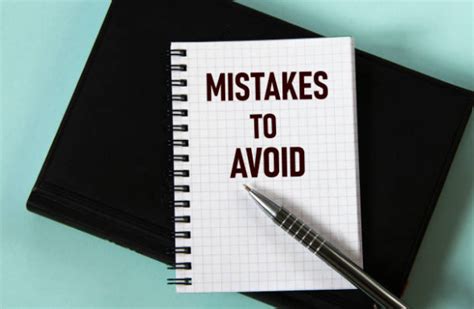
Learning from others' mistakes (or my own, repeatedly) is key to becoming a Farkle pro.
- Being Too Greedy: This is the #1 cause of Farkles. You have 750 points, two dice left, and you try for that extra 50 or 100, only to lose everything. Don’t be like me and think "just one more roll!" when you're already sitting pretty.
- Forgetting the Minimum Entry Score: Nothing is worse than building up a great turn of 450 points, only to realize your group plays with a 500-point entry rule, and you're not on the board yet! Always clarify this first.
- Not Understanding "Hot Dice": Some beginners miss that if you score all six dice, you *must* continue rolling. It's not optional. Embrace the opportunity!
- Confusing Three Pairs with a Full House (in Poker): While three pairs is a specific Farkle combination, don't confuse it with other poker hands. Stick to the designated Farkle scoring.
---
And there you have it! Your complete, easy-to-understand, and yes, totally printable Farkle rules guide. With these rules in hand, you're not just playing; you're playing with confidence, knowing exactly when to push your luck and when to bank those hard-earned points. Farkle is more than just a game of chance; it's a thrilling blend of strategy, risk assessment, and pure fun. So gather your crew, get those dice tumbling, and may your rolls be ever in your favor! Now go make some noise and enjoy the game!
